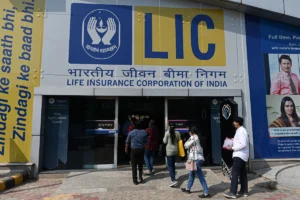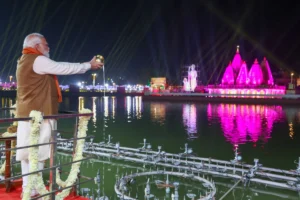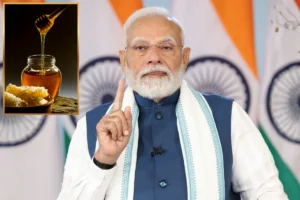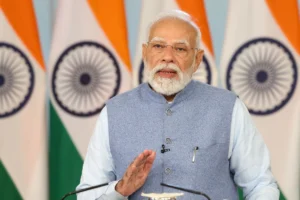
In a recent development, the Central Government has filed an affidavit with the Supreme Court opposing a petition that calls for a lifetime ban on individuals with criminal backgrounds from contesting elections. The government has argued that imposing such a ban would be unconstitutional and that existing parliamentary provisions already address the matter appropriately.
In its affidavit, the Central Government emphasized that the current legal framework, designed by Parliament, takes into account various circumstances and provides clear guidelines for declaring someone ineligible to contest elections.
The government firmly stated that a lifetime ban on convicted individuals is not feasible within the legal system. Furthermore, it claimed that the petition presented by Ashwini Kumar Upadhyay, the petitioner, was based on an unclear understanding of the law, with several aspects presented inaccurately.
Petition Challenges Representation Of People Act
This petition, filed by Upadhyay in 2016, challenges sections 8 and 9 of the Representation of People Act (RPA), which allow convicted individuals to contest elections after serving their sentences.
Also Read: Maha Shivratri: VMD Alerts Ensure Smooth Crowds At Maha Kumbh
The petition asserts that individuals sentenced to more than two years in prison should not be allowed to stand for elections, even after the six-year waiting period. According to the petition, this provision in the RPA creates a wrongful concession, and the section should be declared unconstitutional.
Supreme Court’s Concern And Amicus Curiae’s Advice
During the last hearing, the Supreme Court raised concerns about the current laws. The court compared the treatment of government employees and elected officials, pointing out that a government employee convicted of serious crimes such as rape or murder loses their job permanently.
In contrast, an MP or MLA convicted of such crimes can re-enter politics after serving their sentence and banned from contesting elections for six years. The court emphasized the need to examine sections 8 and 9 of the RPA more thoroughly.
Senior Advocate Vijay Hansaria, appointed by the court as amicus curiae, supported the petitioner’s stance and advised permanently barring convicted politicians from holding public office.
Hansaria also expressed concerns about delays in hearings across several states, particularly in cases involving MPs and MLAs. He noted that authorities were postponing many cases without clear explanations, causing a lack of accountability.
Amicus Curiae Suggests Reforms For Political Parties
In addition to addressing the issue of convicted politicians, Hansaria proposed that the Election Commission could implement regulations prohibiting political parties from appointing individuals convicted of serious crimes as party officials. He pointed out that this would help maintain the integrity of the political process.
Court To Further Examine The Matter
As the case continues, the court is likely to delve deeper into the constitutional implications of allowing convicted criminals to return to politics after serving their sentences. The issue raises important questions regarding equality under the law and the balance between individual rights and public accountability.
The next hearing, with the involvement of the Election Commission and the Central Government, will likely shed more light on the future of this legal battle.
To read more such news, download Bharat Express news apps






















